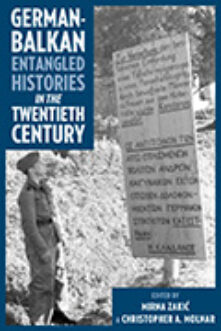History / Europe / Eastern

Andy Warhol’s Mother
The Woman Behind the Artist

Rehabilitate Marx!
The Czechoslovak Party Intelligentsia and Post-Stalinist Modernity

Resources and Everyday Conflicts in Rural Ukraine
Theorizing Social Change
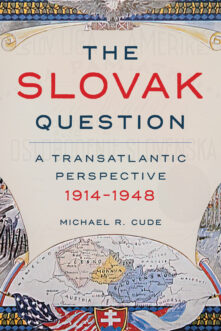
The Slovak Question
A Transatlantic Perspective, 1914–1948
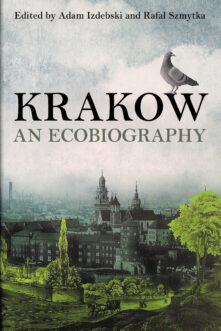
Krakow
An Ecobiography
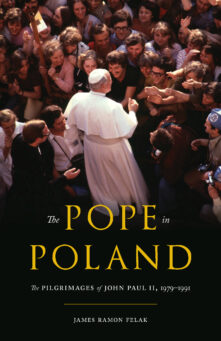
The Pope in Poland
The Pilgrimages of John Paul II, 1979-1991
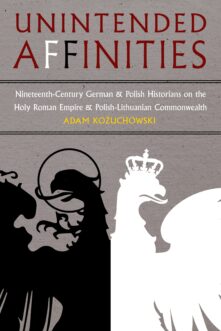
Unintended Affinities
Nineteenth-Century German and Polish Historians on the Holy Roman Empire and Polish-Lithuanian Commonwealth
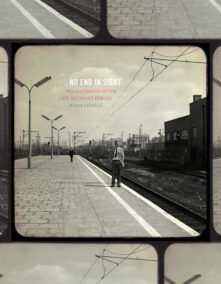
No End in Sight
Polish Cinema in the Late Socialist Period
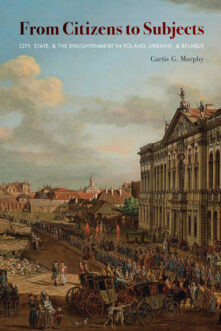
From Citizens to Subjects
City, State, and the Enlightenment in Poland, Ukraine, and Belarus
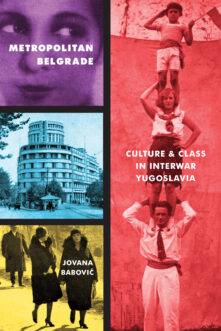
Metropolitan Belgrade
Culture and Class in Interwar Yugoslavia
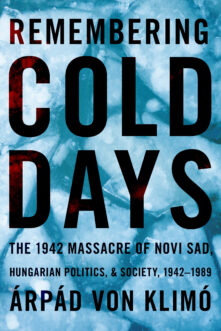
Remembering Cold Days
The 1942 Massacre of Novi Sad and Hungarian Politics and Society, 1942-1989
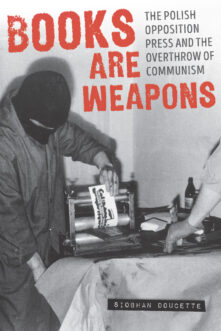
Books Are Weapons
The Polish Opposition Press and the Overthrow of Communism
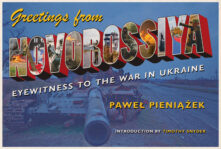
Greetings from Novorossiya
Eyewitness to the War in Ukraine
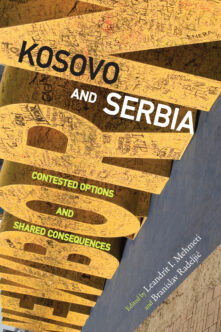
Kosovo and Serbia
Contested Options and Shared Consequences
Total 32 results found.


